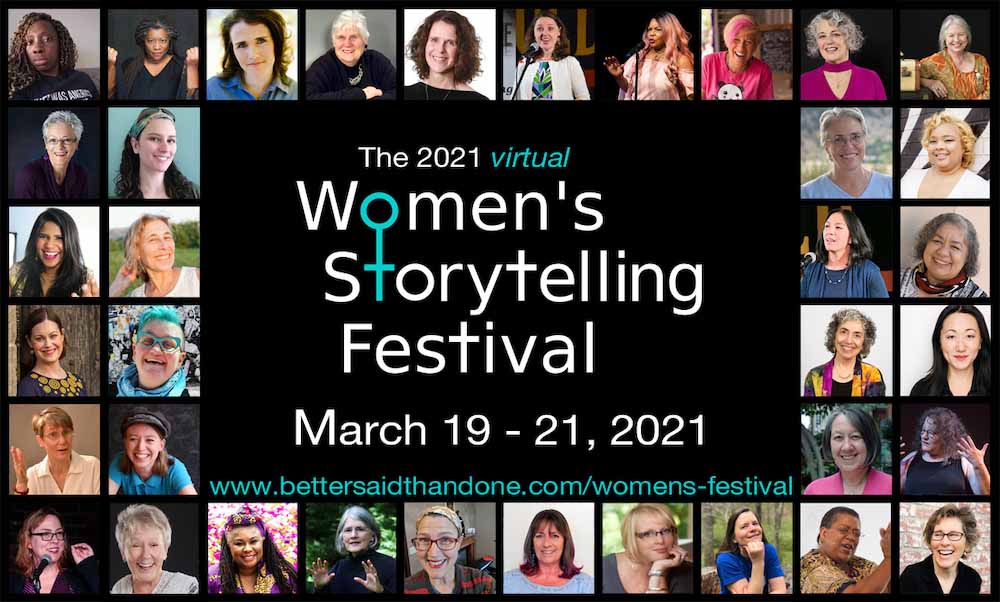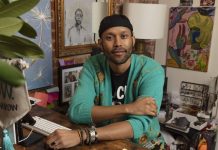The question is, Who Tells Our Story? In a response to that question, Better Said Than Done is presenting the 2021 Women’s Storytelling Festival. The virtual event will be live online March 19–21, 2021, then streamed for several weeks after, with performances by 36 storytellers from across the U.S. and Canada. Better Said Than Done (BSTD) hosted its first Women’s Storytelling Festival in March 2020.
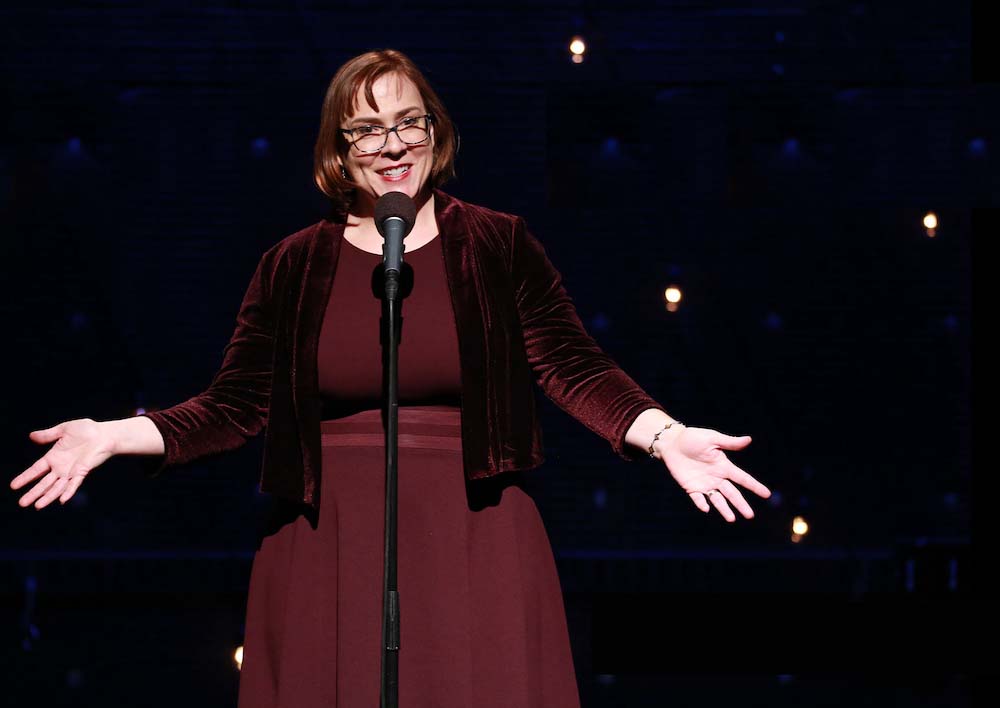
In a conversation with Jessica Robinson (Fairfax, VA), founder of BSTD and festival producer, there was much to learn. The 2021 festival will feature 24 hours of content in one weekend. For BSTD and storytellers in general, “virtual performance spaces have been a lifeline,” Robinson said. “We have been able to connect to so many people through virtual storytelling shows — and have truly felt connected to a larger audience and a wider group of storytellers.”
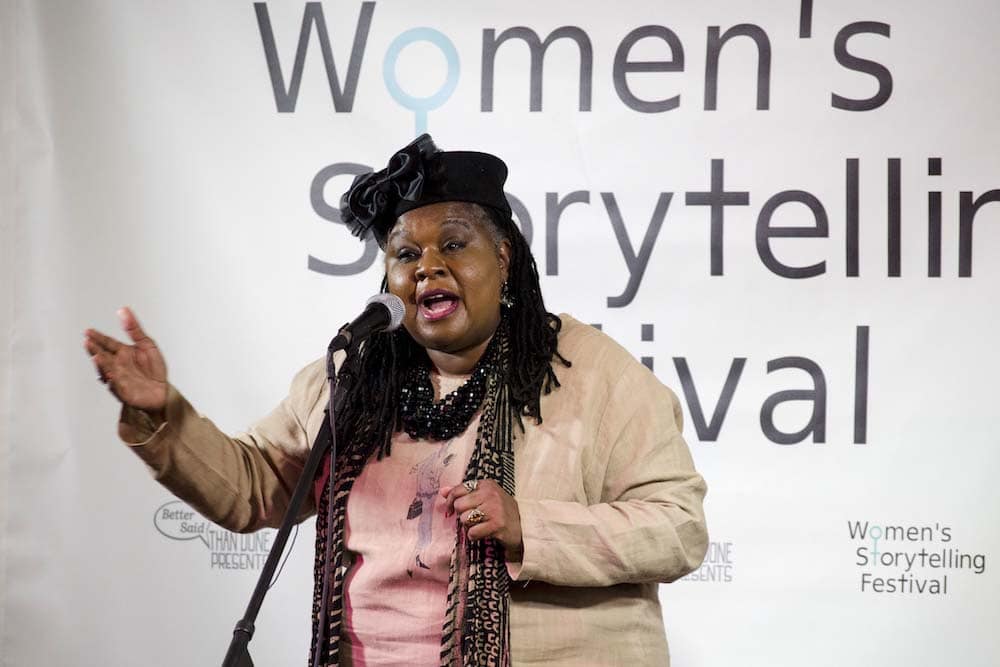
“Storytelling is the oldest form of communication. It is the first form of teaching in every culture,” added Arthuretta Holmes-Martin (Woodbridge, VA). “Storytelling directly affects the brain and affects human thought and behavior. My stories, even when they are folktales, personal, or historical narratives are about humanity and the challenges of navigating oppressive systems.”
In response to the diversity of the 2021 storytelling festival, Sheila Arnold (Hampton, VA) added, “I believe storytelling is a way of building community, bringing down walls while inspiring, educating, and entertaining.”
The 2021 virtual festival will include performances — both live and prerecorded — from 36 women storytellers with a wide range of stories and storytelling styles and diverse experiences and cultures. The stories are intended for a mature audience. People of all gender identities are welcome to attend.
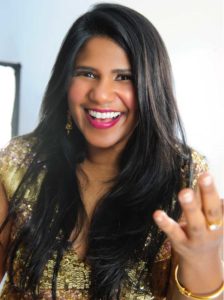
For Vijai Nathan (Fairfax, VA), “the most important thing to me about the storytelling stage is the opportunity for the teller and audience to connect, learn, and empathize with each other. The performance can be a truly transformative experience, and that is why this festival is more important than ever in light of the challenging year that we have all faced.”
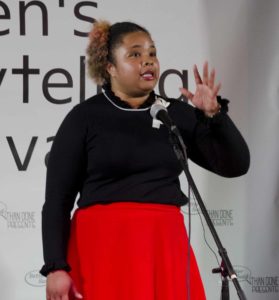
“Since we have just elected our first female vice president of the United States, an all-women’s storytelling show is right on time,” said Dianna Veiga (DC). “As a graduate of an all-women’s college [Spelman], I’m a firm believer in the power that happens when women gather, share our truths, and tell our stories.”
Said Jennifer Munro (Madison, CT): “Women’s voices have always been marginalized — and continue to be. Women have something unique and powerful to say, so why not have a festival showcasing the diversity of women’s voices?” Ingrid Nixon (Gustavus, AK) agreed: “Women’s voices need to be heard. We need to be able to share our thoughts, interpretations, and points of view, without risk of mansplaining or a counter argument.”
The wide range of storytellers in the festival are “a who’s who of world-class storytellers,” indicated producer Robinson. Their photos and bios can be found here.
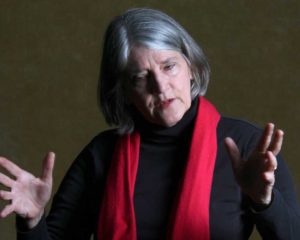
In these current difficult times, find shared humanity and connections with the 2021 virtual Better Said Than Done Women’s Storytelling Festival. “Society loses if its citizens don’t tell their stories; humanity loses,” said Sarah Snyder (Herndon, VA). “Stories have been around since humankind has been around. Stories have given us knowledge about our environment, about other people, about ourselves. Stories have helped us invent things, expand our thinking, improve our lives, and make us better people, while also entertaining us.”
“We should not be fighting for the right to be equally heard, equally considreed, and then feel lucky when that happens,” added Ingrid Nixon. As Jane Dorfman (Bethesda, MD) noted, “there is a great river of tales, and it’s a delight to swim in it.”
The Women’s Storytelling Festival kicks off Friday, March 19, 2021, at 6:00 p.m. ET, and concludes Sunday, March 21, 2021, at 9:30 p.m. Details for Who Tells Our Story?, detailed information, and tickets are available online. Ticket holders will receive links to complete recordings to watch at their leisure for two weeks following the festival.
Note: Better Said Than Done is addressing the current economic crisis by offering pay-what-you-can tickets. Contributions of $40 per person are suggested, with a minimum contribution of $10. A percentage of proceeds from the festival will be donated to the National Storytelling Network. All other proceeds will be split among the storytellers. The Women’s Storytelling Festival is to include Story Slam, hosted by the National Storytelling Network, with an opportunity to perform and win prizes for any ticket holders who put their name in the hat and are selected; and a Story Swap, which is an open mic storytelling event, open to all ticket holders.
SEE ALSO: Better Said Than Done’s Women’s Storytelling Festival: giving voice to women storytellers for all to hear by David Siegel (February 20, 2020)


